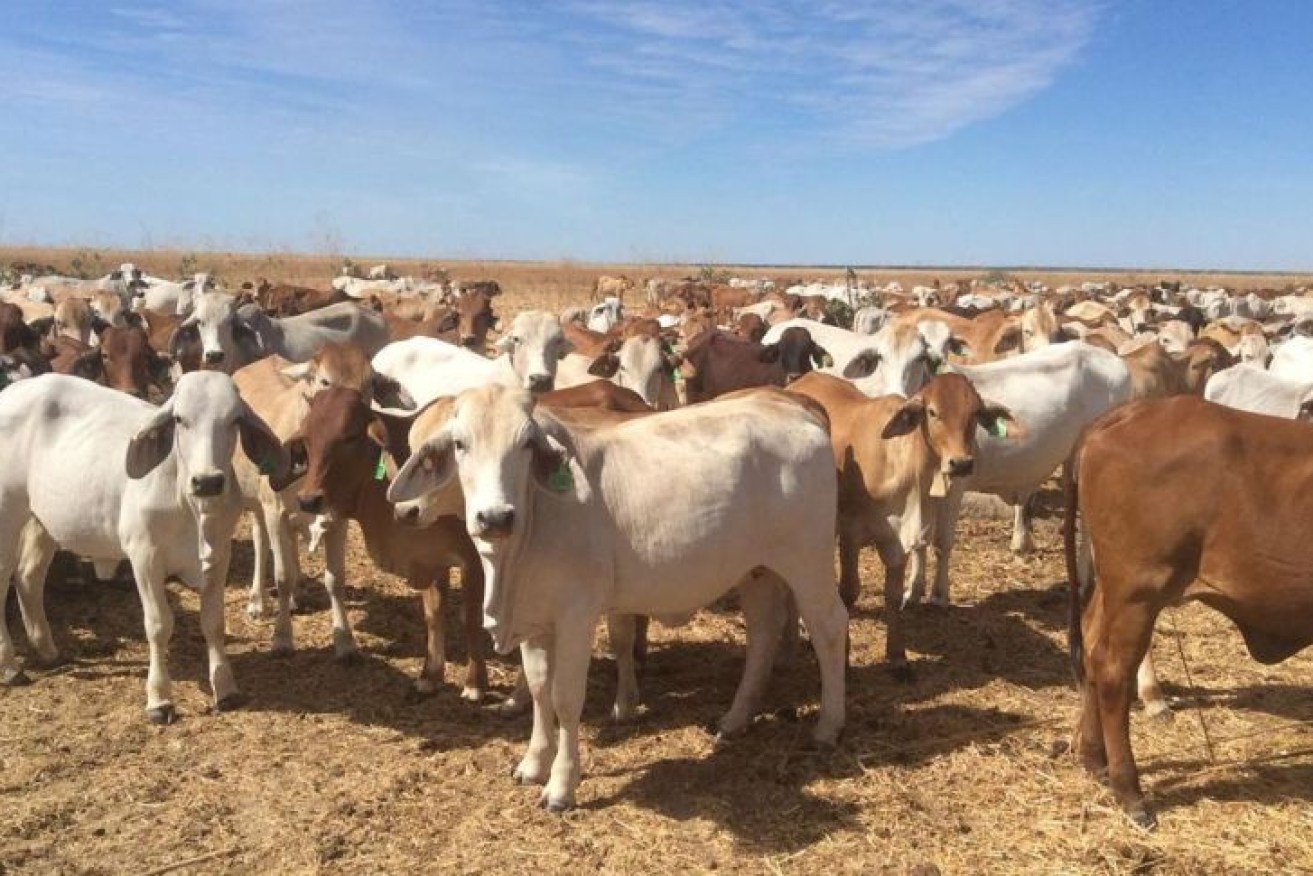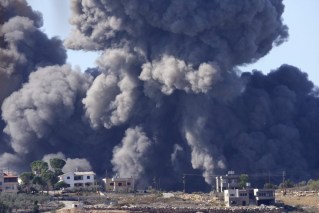High steaks: Surging beef trade puts sizzle into Qld exports
Chamber of Commerce and Industry Queensland (CCIQ) data shows a tripling of exports into key international markets in two years in the face of Covid chills and supply chain disruptions.


Queensland exports (Supplied: RuralCo Property)
Beef continues to be the largest commodity sent overseas, comprising 30 per cent of all exported products in December 2021.
Agriculture constitutes the lion’s share of the trade, with more than two thirds of exports categorised as agribusiness products, mainly beef and grains, while a third of exports were manufactured products.
Exports from Queensland into Japan increased by a staggering 193 per cent in December 2021 compared to the same time the previous year.
Substantial increases were also seen in exports destined for Indonesia, US, South Korea, Malaysia, Thailand, United Arab Emirates and Philippines.
Exports to Vietnam decreased 24 per cent and 3 per cent to China, despite remaining the top Queensland export market.
It comes as the world’s largest free trade agreement came into force on January 1 for 10 of the 15 country signatories: Australia, New Zealand, Brunei Darussalam, Cambodia, China, Japan, Laos, Singapore, Thailand and Vietnam.
Republic of Korea followed suit on February 1 and Malaysia comes into effect on March 18.
The Regional Comprehensive Economic Partnership also comes into force for Indonesia, Myanmar and Philippines once ratification processes are concluded.
CCIQ international trade and strategic relationships manager, Diana Gueorguieva, said the bolstered export figures and the RCEP signalled significant long-term opportunities for Queensland businesses in 14 international markets.
She said the data showed Queensland exports were close to pre-COVID levels and climbing.
“The Regional Comprehensive Economic Partnership (RCEP) is an addition to Australia’s 10
existing free trade agreements (FTAs) across the Indo-Pacific region and builds upon
existing FTAs,” Gueorguieva said.
“It means Australian businesses will have access to additional markets, access to existing
markets, business opportunities, tariffs reductions, access to regional value chains, and
simplified administration under a single set of rules and procedures for accessing
preferential tariffs across the region, as opposed to the applicable rules for each individual
pre-existing bilateral or multilateral FTA in place with some of these markets.”
RCEP covers trade in goods and services, investment, economic and technical cooperation,
and creates new rules for electronic commerce, intellectual property, government
procurement, competition, and small and medium sized enterprises.








